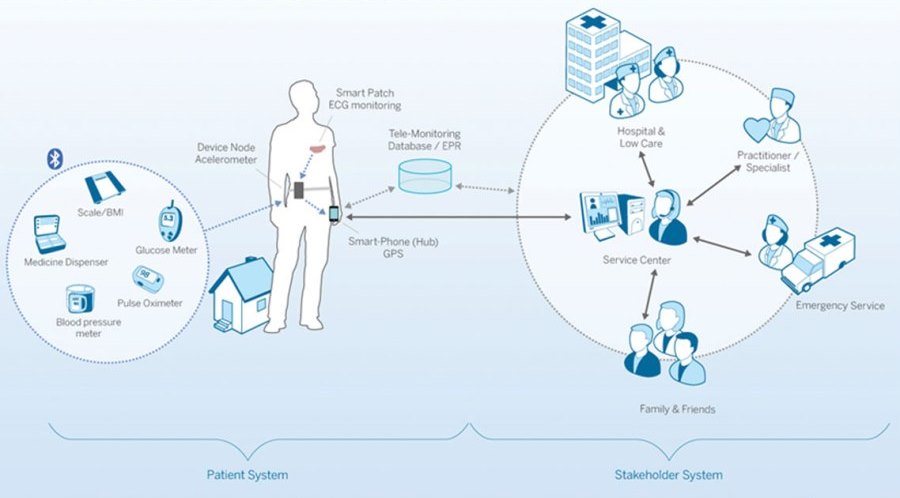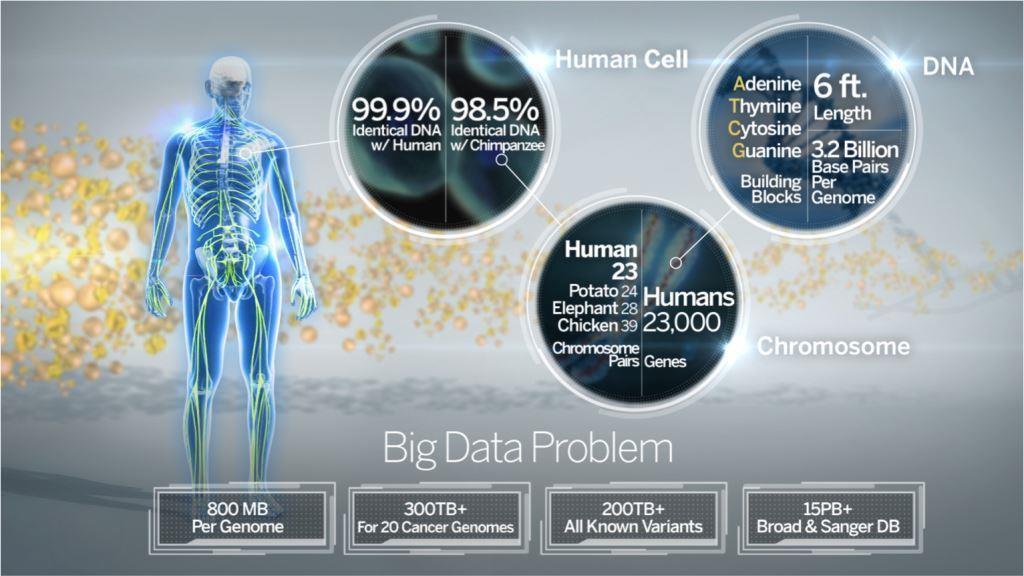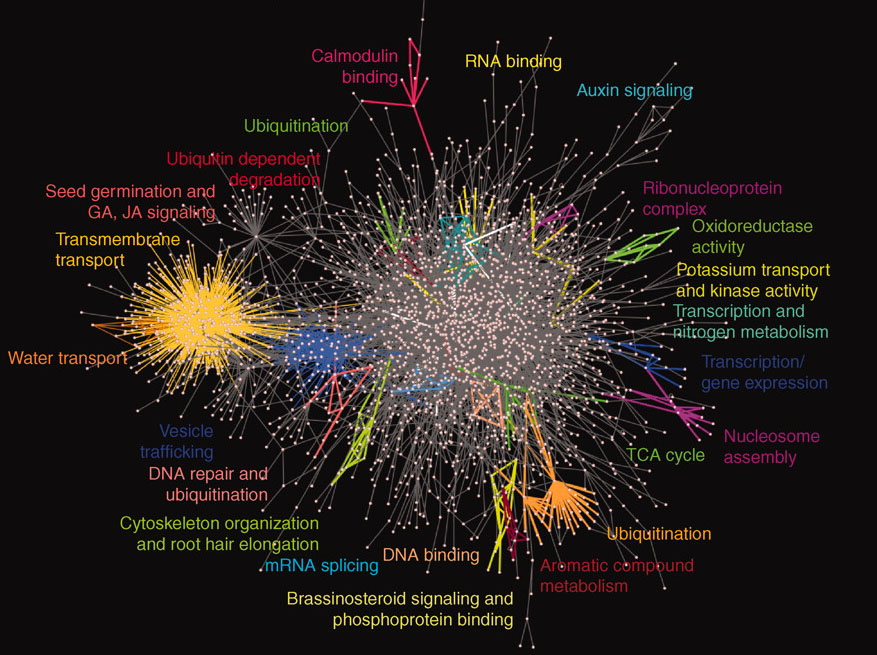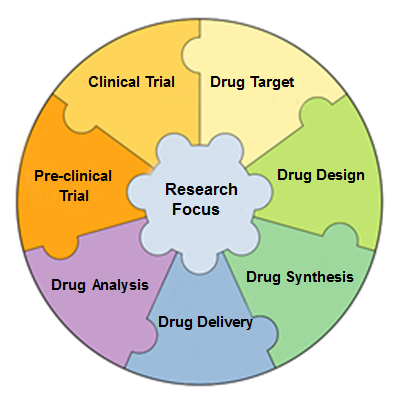The current research focus of the IBTS covers mobile health, big data, system phamacology, drug discovery (drug target, drug design, drug synthesis, drug delivery, drug analysis, pre-clinical evaluation and clinical trial) for diseases.
Mobile Health

Mobile Health: A term used for the practice of medicine and public health supported by mobile devices.This field has emerged as a sub-segment of eHealth, the use of information and communication technology (ICT), such as computers, mobile phones, communications satellite, patient monitors, etc., for health services and information.
Big Data

Big Data: This is a broad term for data sets so large or complex that traditional data processing applications are inadequate. Data is growing and moving faster than healthcare organizations can consume it; 80% of medical data is unstructured and is clinically relevant. Getting access to this valuable data and factoring it into clinical and advanced analytics is critical to improving care and outcomes, incentivizing the right behavior and driving efficiencies.
Systems Pharmacology

Systems pharmacology: It is the application of systems biology principles to the field of pharmacology. It seeks to understand how medicines work on various systems of the body. Instead of considering the effect of a drug to be the result of one specific drug-protein interaction, systems pharmacology considers the effect of a drug to be the outcome of the network of interactions a drug may have.
Drug Discovery

Drug Target: Examining patients’ specimens from being constructed clinical biobank to understand the molecular mechanism of diseases (e.g. cancers, rheumatoid arthritis, osteoporosis, fracture repair, osteoarthritis and osteonecrosis) for identifying novel therapeutic targets (e.g. non-coding RNAs, ubiquitin-related proteins and epigenetic-related proteins).
Drug Design: Using bioinformatics, system biology and data mining to establish an emerging paradigm of network medicine for seeking a novel approach to combinational herbs / compounds-based drug discovery.
Drug Synthesis: Synthesizing conjugates of certain nucleic acid aptamers (possessing high specificity and affinity to specific cell type) and natural products to develop smart drug molecules with both cell-selectivity and intracellular bioactivity for achieving efficacy and safety.
Drug Delivery: Linking certain nucleic acid aptamers (possessing high specificity and affinity to specific cell type) with lipid-/polymer-based cargo system to develop targeted delivery system for translating the molecular understandings toward RNA interference-based therapeutics in diseases.
Drug Analysis: Providing expert analysis in all facets of pharmaceutical analysis (including stability, related substances, impurities and active assays, etc.) to establish specification for active pharmaceutic ingredient (API) and formulation according to the instructions provided by FDA or CFDA.
Pre-clinical Evaluation: Employing state-of-art facilities to perform testing by three-dimensional microCT measurement and histomorphometric analysis in animal models for those developing drugs in diseases.
Clinical Trial: Designing and developing cohort studies and randomized controlled clinical trials for evaluating the efficacy and safety of the novelly developed drugs in treating the related diseases (e.g. cancers, rheumatoid arthritis, osteoporosis, bone erosion, osteoarthritis and osteonecrosis).



